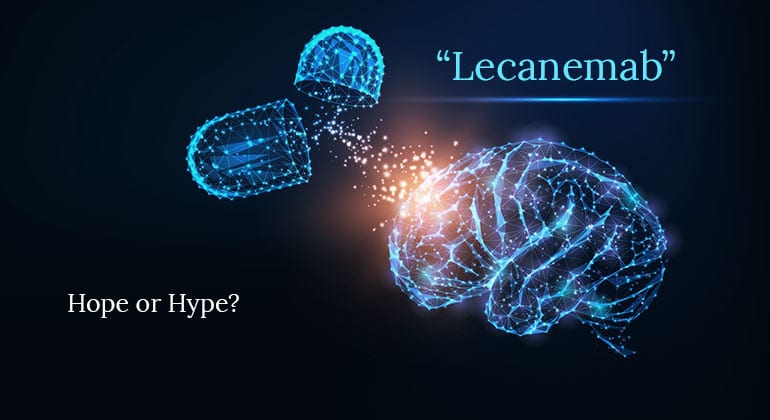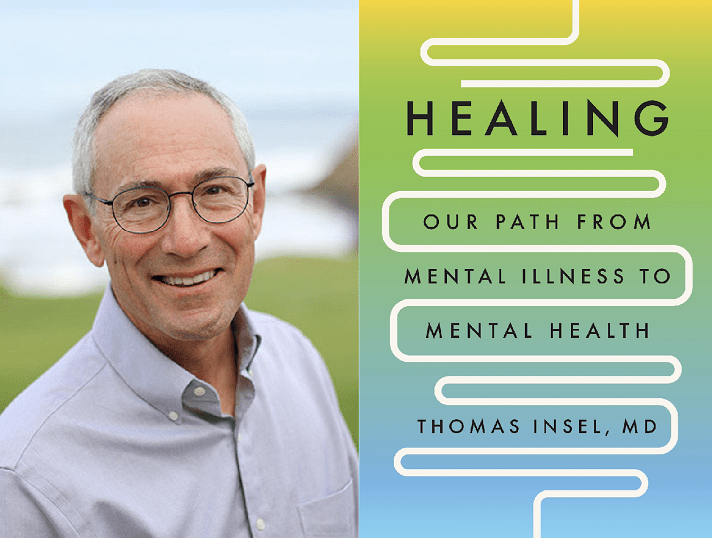Posts Tagged ‘ADHD-symptoms’
Evidence review: Physical exercise helps boost attention, cognitive flexibility and inhibitory control in children and adolescents with ADHD
The impact of physical exercise on ADHD has been examined in a large number of studies. Collectively, these studies have examined whether exercise reduces on core ADHD symptoms, e.g., inattention and hyperactivity/impulsivity, and strengthens executive functions, e.g., inhibitory control, working memory, and mental health, e.g., emotional and social functioning. Overall, results across multiple studies suggest…
Read MoreShould doctors prescribe Leqembi (lecanemab) to women with early Alzheimer’s Disease? The evidence-based answer is probably No
Welcome to a new edition of SharpBrains e‑newsletter, featuring this time a range of interventions for brain/ cognitive/ mental health plus a few brain teasers to test our perception and cognitive skills. #1. Should doctors prescribe lecanemab (Leqembi) to women? The answer, given available evidence, is probably No Huge (and mostly overlooked) red flag regarding newly…
Read MoreFrom “Eminence-based” to Evidence-based cognitive & mental healthcare: Time for quality and accountability
Welcome to a new edition of SharpBrains’ e‑newsletter, featuring timely brain & mental health news, two excellent new books and a few fun brain teasers. #1. From “Eminence-based” to Evidence-based mental healthcare: Time to focus on quality and accountability “The real challenge is not finding a therapist, it’s finding a therapist who knows how to provide…
Read MoreCanadian study finds causal link between time playing videogames at age 12 and ADHD symptoms at age 13
Recent studies have linked screen time — including video game play — to concerning outcomes in children, including low self-esteem, low life satisfaction, and depressive symptoms. Screen time has also been found to be correlated with symptoms of ADHD in children and adolescents, even when earlier attention difficulties are taken into account. These findings suggest…
Read MoreMeta-analysis finds sustained benefits of neurofeedback for kids with ADHD
___ In neurofeedback treatment for ADHD, individuals learn to alter their typical pattern of brainwave activity, i.e., EEG activity, to one that is consistent with a focused and attentive state. This is done by collecting EEG data from individuals as they focus on stimuli presented on a computer screen. Their ability to control the stimuli, e.g.,…
Read MoreConsistent use of ADHD medication may stunt growth by 2 inches, large study finds
___ The Multimodal Treatment Study of ADHD (MTA Study) is the largest ADHD treatment study ever conducted — nearly 600 7–9‑year-old children with ADHD were randomly assigned to one of four interventions: 1) Carefully monitored medication treatment; 2) Intensive behavior therapy; 3) Medication Treatment combined with Behavior Therapy; or 4) Community Care (parents obtained whatever treatment…
Read More




